Smart energy management does much more than reduce costs for leading Australian farmers
Energy briefing update - August 2021
From bushfires, ongoing drought and volatility across the commodities markets, Aussie farms have taken a battering in recent years. This is on top of having the highest labour and supply chain costs in the developed world, meaning that our farmers face significant fixed costs that impact their competitiveness. But not all costs are fixed; by reducing energy consumption, farms’ energy bills can drop, even while the price per unit increases.
“Most of these costs go to our international competitiveness and we have little control over it. But one of the areas that we could have a little control over is energy cost.”
For energy intensive farms like dairies, horticulture, intensive livestock and irrigated cropping, energy can be the number one opportunity to reduce OpEx. But, for proactive farmers, there are considerable opportunities to save on energy cost. And last week, when the Energy Efficiency Council and the National Farmers’ Federation teamed up to launch the farms sector spotlight, we heard from leading farmers about how they’re doing just that: leveraging smart energy management to improve their productivity and competitiveness.
Blantyre Farms, a mixed farming and livestock business near Young, New South Wales, spotted this opportunity over a decade ago, becoming “the first carbon farm in Australia” and realising the financial benefits that came with it. Following leading New Zealand dairy farmers, owners Edwina and Michael Beveridge began capturing methane for a biogas electricity generation system from their piggery’s effluent. Their award winning innovation has meant that the farm hasn’t seen a power bill in a decade.
Learn more here.
Blantyre Farms are Aussie pioneers, leading the introduction of bioenergy into the sector:
“Once you get to building, you sort of have to go it alone. So it has been one of the big challenges, finding the right person to help you with that, and obviously we did not succeed but we got there in the end mostly through doing more of it ourselves.”
Blantyre Farms’ perseverance should be commended, but many farmers don’t have to have such a hard slog. Instead, they can leverage their networks to learn from their peers’ leadership to achieve results. Cayley family farm has done just that. After seeing energy bills increase tenfold over the years, the farm in Queensland worked with the Bundaberg Regional Irrigators Group (BRIG) and Bundaberg Sugar Services to make a plan for reducing energy costs.
The resulting efficiency-first approach to irrigation means that the farm has saved 42 per cent of energy consumption per tonne of sugarcane harvested! In the process of addressing these cost efficiencies, the farm also realised a significant improvement in the yield of its crops:
“We were taking about 14 days to irrigate one hundred acres, which after day seven were losing yields because of stress…we can now get around the whole farm in six days and use half the energy.””
Cayley Farms’ success is not just covered in the industry best practice included in the farms sector spotlight, but BRIG is also supporting other farmers by sharing the farm’s success story.
Networks are key to supporting Aussie farms with reducing their energy costs, and farms looking to start their energy management journey should reach out to their local farmers groups, cooperative and associations to start. They can also learn from their peers and credible service providers at industry events like the annual National Renewables in Agriculture Conference and Expo.
“The [National Renewables in Agriculture Conference] is bringing together credible businesses that have worked with farmers or want to work with farmers and have good references, and they need to understand what the situation is in farming and what the challenges are, which they’ll learn when they come to the conference...”
The energy management success stories shared by Edwina, Dean and Karin demonstrate that smart energy management does much more than just reduce energy costs, helping farmers to start their carbon management journey while improving productivity and profits.
Read more about the opportunities up for grabs for Aussie farmers in the new farms sector spotlight.
Click here to return to the third edition of the energy briefing update.
About Navigating a dynamic energy landscape
There is an enormous amount of information on energy in the public domain, yet it can be hard for business leaders to extract what matters for their businesses.
Navigating a dynamic energy landscape: a briefing for Australian businesses is an executive-level briefing designed to cut through the noise and help businesses confidently navigate Australia’s dynamic energy landscape.
The sector spotlights and other resources that accompany the briefing exist to support this aim.
This initiative is delivered by the Energy Efficiency Council with the support of industry and the NSW Department of Industry, Planning and Environment.
To learn more visit energybriefing.org.au.

